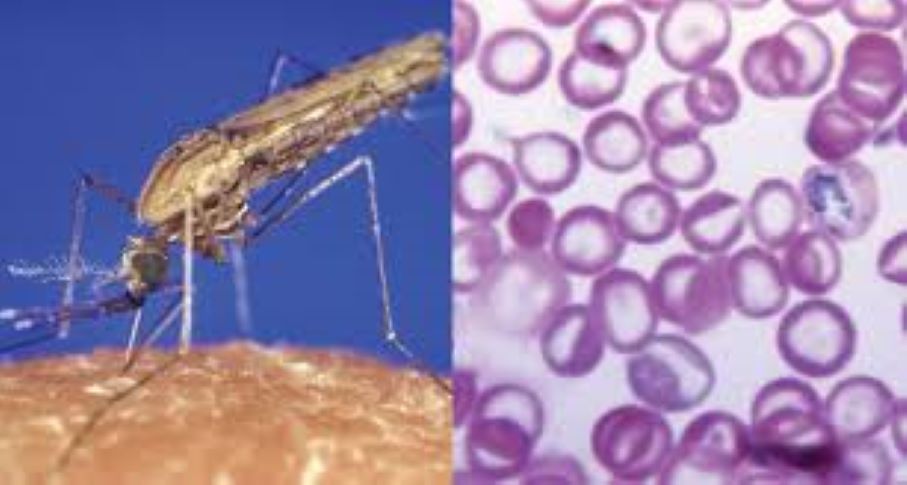By Hassan Zaggi
The World Health Organisation (WHO) has vowed to continue to play what it described as a central and connecting role in working with governments, the Global Fund, PEPFAR, and other partners in Nigeria, at national and state level, to optimize investments to reduce the burden of malaria and other diseases in the country.
The WHO Regional Director for Africa, Dr. Matshidiso Moeti, made the commitment at the formal launch of the 2022 Nigeria Malaria Report, in Abuja.
She noted that Nigeria being the largest and most economically important countries in the region has a major role in tackling disease prevention and control among people of the continent.
While applauding the federal government in its efforts at improving the health of the people, she noted that: “The country made progress on HIV between 2015 and 2021, meeting two of the 95-95-95 goals, and TB intervention coverage is improving, with increasing case detection over the same period.”
The WHO Chief explained that the African Region carries a high proportion of the global malaria burden, accounting for about 95% of all malaria cases and 96% of all malaria deaths in 2021.
“While Nigeria accounts for around 27% of the global burden of malaria cases, the country has seen major progress. Malaria incidence has fallen by 26% since 2000 – from 413 per 1000 to 302 per 1000 in 2021. Malaria deaths also fell by 55%, from 2.1 per 1000 population to 0.9 per 1000 population.
“Drivers of this continuing disease burden include the size of Nigeria’s population, making scaling up intervention challenging; suboptimal surveillance systems, which pick up less than 40% of the country’s malaria data; inadequate funding to ensure universal interventions across all states; and health seeking behaviour, where people use the private sector, with limited regulation, preferentially.”
According to her: “Learning from COVID-19, we know that continuity of provision of essential health services is critical to interventions in malaria and other diseases, particularly in populations affected by humanitarian emergencies; and changing environmental factors, such as climate change, and farming and mining practices that may increase transmission.
“Addressing the prevention, elimination, and control of malaria and the burden from other diseases requires critical data and information gathering for evidence-based investment and decision-making.”
Commenting on the Malaria report, she said: “The report provides critical information on the status of malaria in each of the 36 States and the Federal Capital Territory of Nigeria, making it unique in providing data at the State level to guide a truly subnational response to malaria, providing an overview of the malaria situation across all States, focusing on population demographics, malaria interventions, climate, and disease burden.
“Going forward, the Regional Office must support the generation of the data and evidence required to develop similar reports on other diseases and conditions.
“This will enable countries to monitor interventions at national and sub-national level, to tailor the use of funds by donors and government in the control of communicable and non-communicable diseases.”



